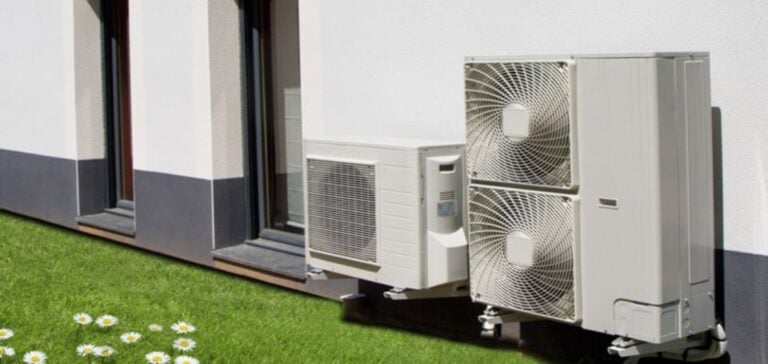The French government’s recently unveiled action plan focuses on significantly increasing heat pump ( HP) production to reach one million units annually by 2027. This initiative, initially announced by President Emmanuel Macron, is part of the overall goal of reducing CO2 emissions nationwide. In addition, the plan promises to boost employment, with the planned creation of 45,000 jobs in the sector, including 30,000 dedicated to installation, said Bruno Le Maire Bruno Le Maire during his visit to the heat pump company Intuis, in Feuquières-en-Vimeu in the Somme.
Support measures and cross-compliance
The Minister of the Economy stressed the importance of supporting French industry through incentives such as a tax credit for the creation of production plants on French territory. The plan also includes the introduction of eco-conditionality from 2025, which will aim to ensure that financial aid is only awarded to PAC models that meet strict environmental standards and are manufactured in France or Europe.
Anti-counterfeiting and quality control
The French Minister for Industry, Roland Lescure, also emphasized the need to combat counterfeiting and malfunctions in the PAC sector. He announced reinforced control measures, with at least every second installation to be checked, in direct collaboration with consumers.
Economic and environmental benefits
Heat pumps are renowned for their energy efficiency, offering a cleaner alternative to traditional heating systems such as gas and oil. The Minister pointed out that the installation of a heat pump offers average annual savings of 450 euros compared with a gas boiler, and 1,200 euros compared with fuel oil. France is home to around ten PAC manufacturers, most of them family-run companies specializing in assembly, some of them with the Origine France Garantie label.
In this way, the government’s plan addresses both the objectives of reducing CO2 emissions and stimulating the economy, by emphasizing the quality and durability of heat pumps, while strengthening the local employment sector.






















